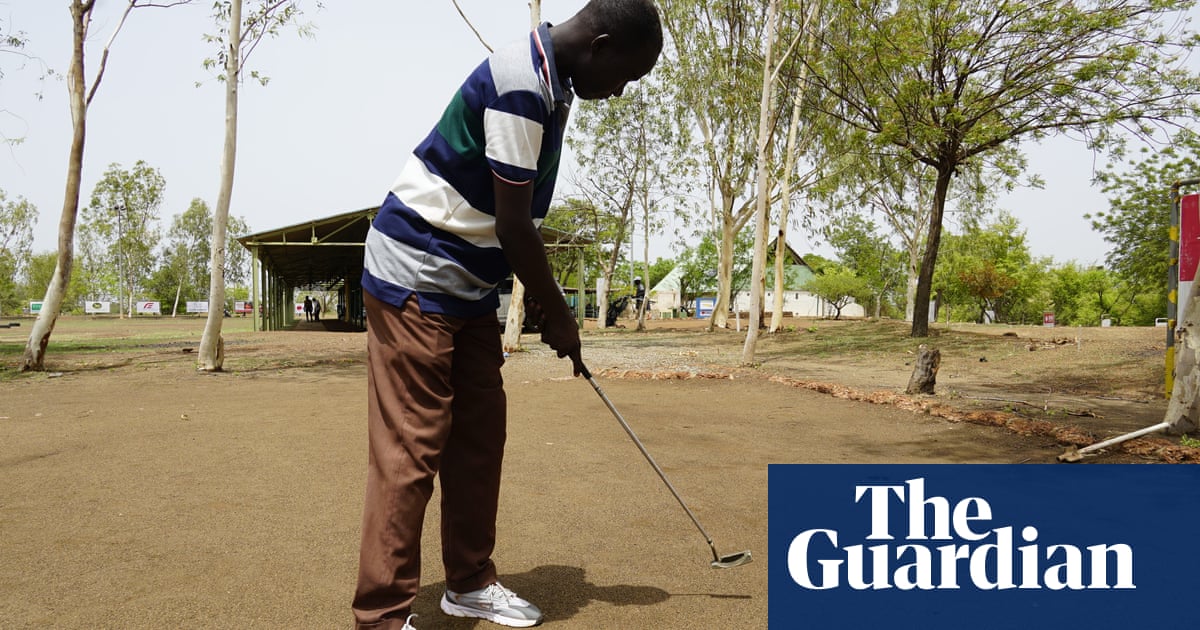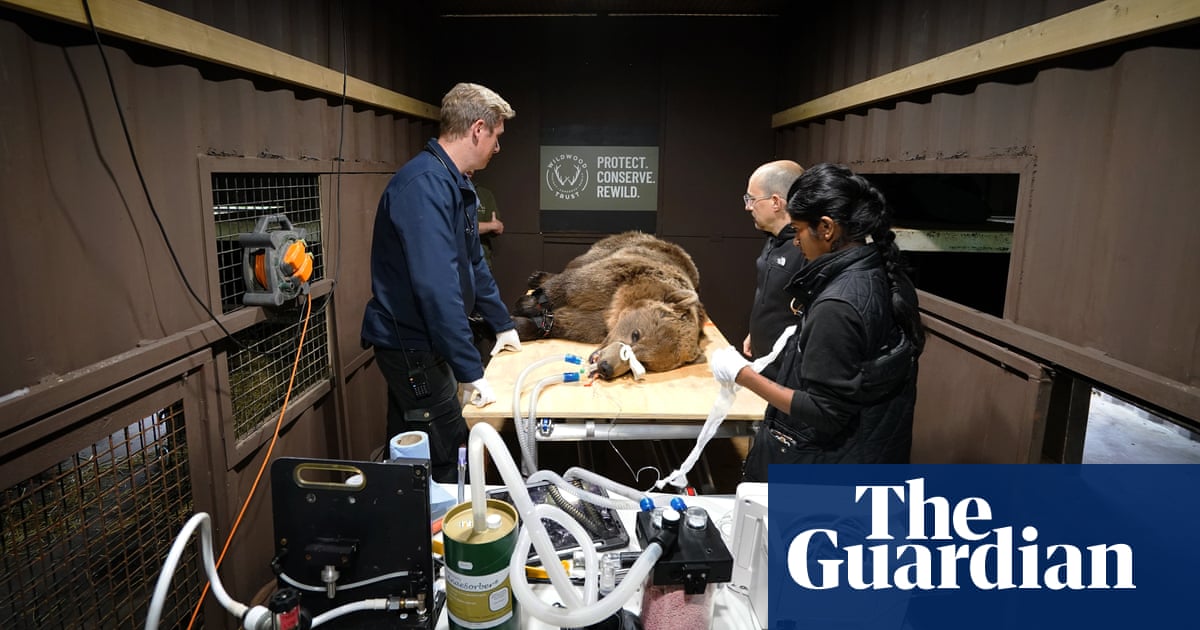When British conservationists flew to Slovenia this summer hoping to catch enough singing cicadas to reintroduce the species to the New Forest, the grasshopper-sized insects proved impossible to locate, flying elusively at great height between trees.
Now a 12-year-old girl has offered to save the Species Recovery Trust’s reintroduction project. Kristina Kenda, the daughter of the Airbnb hosts who accommodated the trust’s director, Dom Price, and conservation officer Holly Stanworth in the summer summer, will put out special nets to hopefully catch enough cicadas to re-establish a British population.
“I’m very pleased to be able to help the project,” Kristina said. “I like nature and wildlife and it was fun helping Dom and Holly look for cicadas when they were here. Cicadas are a part of the summer in Slovenia so it would be nice to help make them a part of the summer in England as well.”
The black and orange New Forest cicada (Cicadetta montana) was the only cicada species found in Britain. In summer, males produce a high-pitched song – inaudible to many ears – to attract females who lay eggs in the trees. When the tiny nymphs hatch, they fall to the forest floor and burrow into the soil, slowly developing underground for six to eight years before emerging as adults.
The species disappeared from the forest from which it takes its common British name in the 1990s and the Species Recovery Trust has begun a £28,000 project funded by Natural England’s species recovery programme to bring it back.
The plan was to collect – with permission – five males and five females from the Idrija Geopark in Slovenia and establish them in a cicada nursery of enclosed plants in pots created by zoo staff at Paultons Park theme park near the New Forest.
Although Price and Stanworth could not catch the adult cicadas, they found hundreds of tiny mud chimneys made by the nymphs as they emerged from the ground close to their Airbnb accommodation.
They realised that if they could erect a net tent over the area before the cicadas emerge next year, they could catch enough to take back to the UK. But they couldn’t risk leaving the nets up over winter, during which they were likely to be damaged, and could not afford an extra trip to Slovenia.
So Kristina, the daughter of their hosts Katarina and Mitja, offered to undertake the job of setting up the nets in the spring and checking they are secure. She also agreed to monitor the area through the winter to spot any signs of activity.
after newsletter promotion
Price said: “We are so grateful to Kristina and the whole family for their enormous support. At this stage, the project might be impossible without that help. If this method works then we can bring back one of the UK’s most special species, our only cicada and an icon of the New Forest that residents and visitors can enjoy for ever.”
The trust team will now fly out in early June when they hope to collect their precious living cargo. The plan is for the collected adult cicadas to lay eggs on plants in pots, with the subsequent nymphs burrowing into the plant-pot soil. The plants and the soil will then be planted at secret locations in the New Forest and monitored, with the hope that enough offspring emerge to restart the wild population.
It will be a six-year wait to see if the tiny nymphs survive underground to become the first new UK generation of New Forest cicadas.



